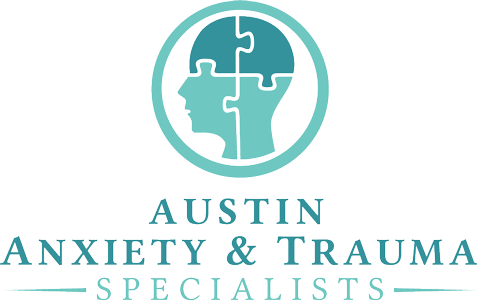When you think of tools for managing mental health, a video game might not be the first thing that comes to mind. However, Tetris, a virtual puzzle game that has entertained people since the 1980s, is gaining attention for its potential in helping people with Post-Traumatic Stress Disorder (PTSD). Though this might sound surprising, studies suggest that playing Tetris could help relieve some of the symptoms associated with PTSD.
Read: 12 Grounding Techniques For Anxiety And PTSD
The science backing Tetris in trauma recovery
PTSD is a mental health condition triggered by experiencing or witnessing a traumatic event, such as car accidents, sexual or violent assaults, war, or natural disasters. Folks who are living with PTSD experience often debilitating symptoms, including invasive memories, painful flashbacks, and severe anxiety. Recently, researchers have been investigating innovative and often surprising methods for managing these symptoms, such as psychedelic-assisted psychotherapy and virtual reality exposure therapy. Tetris could be one of these methods.
In a 2017 study published in the journal Molecular Psychiatry, victims of motor vehicle accidents were asked to play Tetris for 20 minutes within six hours. Those who gamed experienced 62% fewer intrusive memories in the first week after their accident than the control group. Their bad memories also diminished quicker than those in the control group.
A 2020 experiment further explored the effect of Tetris on male patients with combat-related PTSD alongside therapeutic interventions and found promising results. All participants received eye movement desensitization and reprocessing (EMDR) therapy, but one group also played 60 minutes of Tetris every day through the six-week treatment. After the experiment, gamers’ hippocampal volume increased and were correlated with reduced symptoms of PTSD, depression, and anxiety.
The scientific theory behind Tetris’ potential lies in how the brain processes traumatic memories. Playing Tetris engages visual-spatial working memory, which can interfere with the brain’s consolidation of traumatic memories. By focusing on the game’s visual and spatial challenges, Tetris diverts the brain’s resources away from the processes involved in encoding distressing memories, thereby potentially reducing their vividness and emotional impact.
Read: EMDR Therapy In 8 Phases (Take A Seat, PTSD)
Benefits (and limitations) of Tetris as a treatment
One of the most compelling aspects of Tetris as a tool for managing PTSD symptoms is its accessibility. It’s a game that can be easily accessed on various devices and doesn’t require much time to learn. For those in immediate distress, playing Tetris may offer a quick distraction, disrupting intrusive thoughts and providing temporary relief from anxiety.
Despite its potential, Tetris is not a magic bullet for PTSD. The studies conducted so far are promising but limited in scope. Tetris may reduce the intensity of some symptoms, but it is not a substitute for professional therapy and should not be used as such. The effects of Tetris on PTSD require further research to establish how long-lasting and significant they truly are.
Read: What Does “Triggered” Mean? 3 Trauma Myths Busted
Combine Tetris with professional therapy for maximum benefit
While Tetris might offer some symptom relief, effective management of PTSD often requires a more comprehensive approach. Widely researched and proven treatments, such as cognitive-behavioral therapy (CBT), EMDR, and medication, remain critical components of PTSD treatment. Tetris can be considered as one supplementary tool among many in a broader therapeutic toolkit.
If you’re interested in exploring the potential benefits of Tetris for managing PTSD symptoms, consider setting aside a few minutes each day to play the game, particularly during times of stress or after experiencing a triggering event. Playing Tetris can offer a welcome distraction and, in some cases, provide much needed, however temporary relief from distressing memories.
Read: Self-Care Strategies For Trauma Relief
Start with a tailored approach
Tetris is best used as a complementary tool, not a replacement for professional care. If you’re experiencing PTSD symptoms, you owe it to yourself to seek the guidance of a mental health professional who can offer tailored treatment options. A therapist can help integrate exercises like Tetris and beyond into your recovery plan for a holistic approach to managing your symptoms.
If recent or unresolved trauma is disrupting your life, don’t hesitate to reach out for the help you need. Book your consultation with us at Austin Anxiety and Trauma Specialists and we’ll match you to one of our therapists who can best help you manage your PTSD symptoms—and recover. It can get better. We can help.






